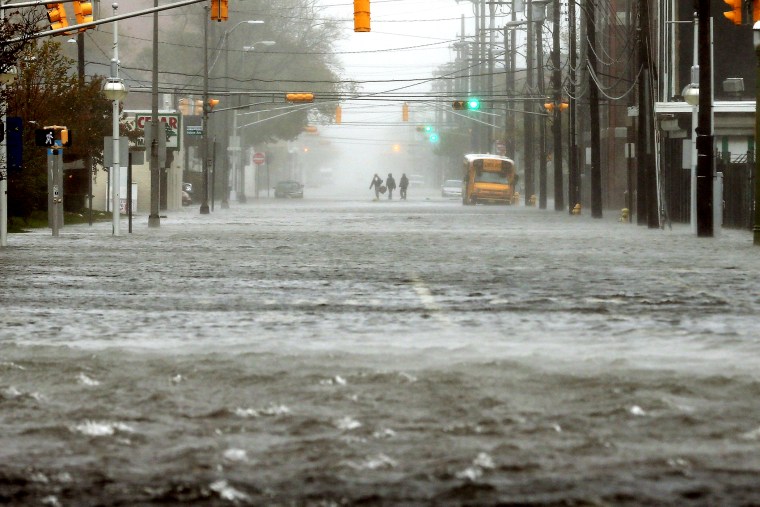Two degrees Celsius.
That, according to broad scientific consensus, is how much global temperatures need to rise in order to trigger a severe international crisis. According to the climatologists behind the blog RealClimate, crossing the two-degree threshold "stands a strong chance of provoking drought and storm responses that could challenge civilized society, leading potentially to the conflict and suffering that go with failed states and mass migrations."
The question is how long we have before such an outcome becomes inevitable. Climatologist Michael E. Mann, a professor at Pennsylvania State University, has come up with one possible answer: If his calculations are accurate, we have less time than you might think.
"If the world keeps burning fossil fuels at the current rate, it will cross a threshold into environmental ruin by 2036," Mann wrote in Scientific American earlier this week.
Recent Gallup polling shows that only 36% of Americans see climate change as a serious threat to their way of life, including only 51% of those who believe the global temperature is already beginning to rise. And while the Obama administration has grown increasingly strident in its environmental rhetoric, its policy proposals have yet to catch up. President Obama still officially favors an "all of the above" energy strategy, meaning stepped-up natural gas production would go hand-in-hand with renewable energy investments.
“Future generations are going to look back on this moment and judge each of us — each of us — on whether we started to act on this issue,” said Sen. Barbara Boxer, D-Calif., during a recent committee hearing. If Mann's calculations are accurate, judgment might not even have to wait another generation.
